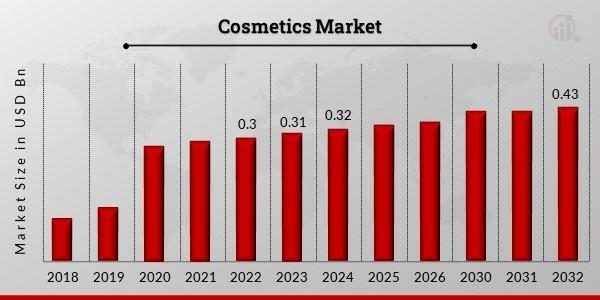The cosmetic industry is undergoing rapid transformation as it adapts to shifting consumer priorities, environmental awareness, and technological innovation. Unlike in past decades, consumers today expect more than aesthetic results—they demand functional benefits, ethical sourcing, and sustainable business practices from their beauty brands.
The fast-growing preference for organic and natural products is reshaping portfolios across major manufacturers. Clean beauty standards are gaining popularity, spurred by urban consumers seeking healthier lifestyles. Formulations that exclude harmful chemicals such as parabens and sulfates are positioned prominently. Meanwhile, the demand for multifunctional products, such as moisturizers with SPF or serums with tinted coverage, shows consumers’ desire for convenience.
Technology is playing a transformative role in personalization. Beauty tech companies are developing AI-powered diagnostic systems that analyze users’ skin conditions and recommend ideal products. Coupled with virtual try-on apps, these innovations are bridging the gap between online shopping and in-store experience.
E-commerce continues to drive penetration, particularly among millennials and Gen Z consumers. The availability of global products through digital platforms, coupled with influencer-driven campaigns, enhances awareness and accelerates purchasing decisions.
Environmental considerations are also dictating future developments. Packaging is being redefined, with rising adoption of recyclable or biodegradable solutions. Transparent sustainability reporting is also becoming a standard practice. Companies that fall behind risk losing market credibility, especially as governments enforce stricter regulations.
Emerging economies offer fertile ground for the industry due to increasing disposable incomes, rising fashion consciousness, and growing urbanization. In Asia-Pacific and Latin America, cosmetics are not just beauty enhancers but are integrated into cultural and social practices, further driving market acceleration.
For businesses, mapping opportunities and competitive dynamics requires robust strategic insights. Consolidated overviews such as the Cosmetic Products Market guide investment decisions. In-depth understanding generated by examining the Cosmetic Products competitive landscape equips stakeholders with the knowledge of business strategies, market shares, and long-term positioning of global and local players.

